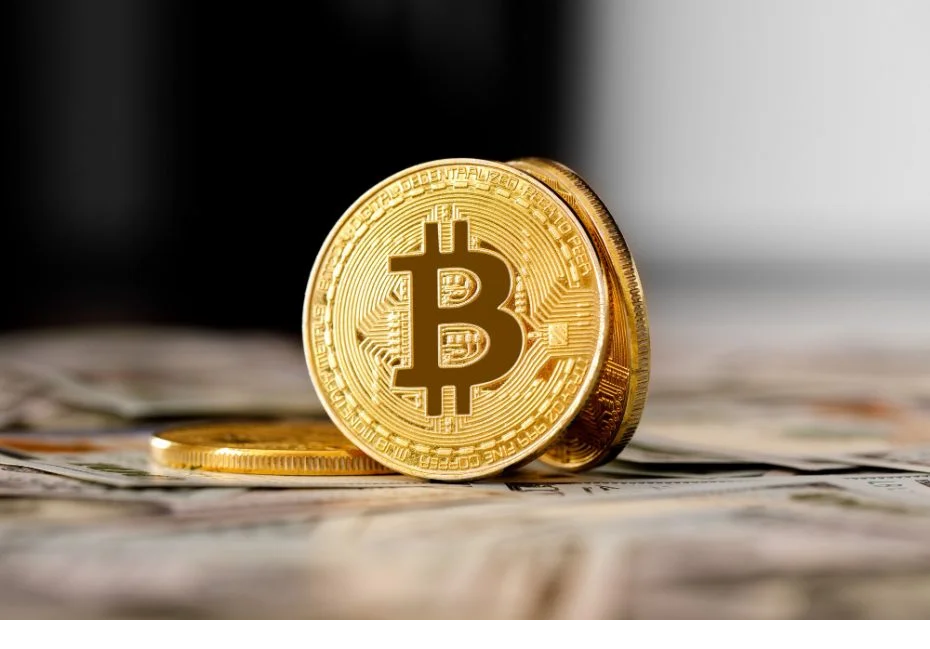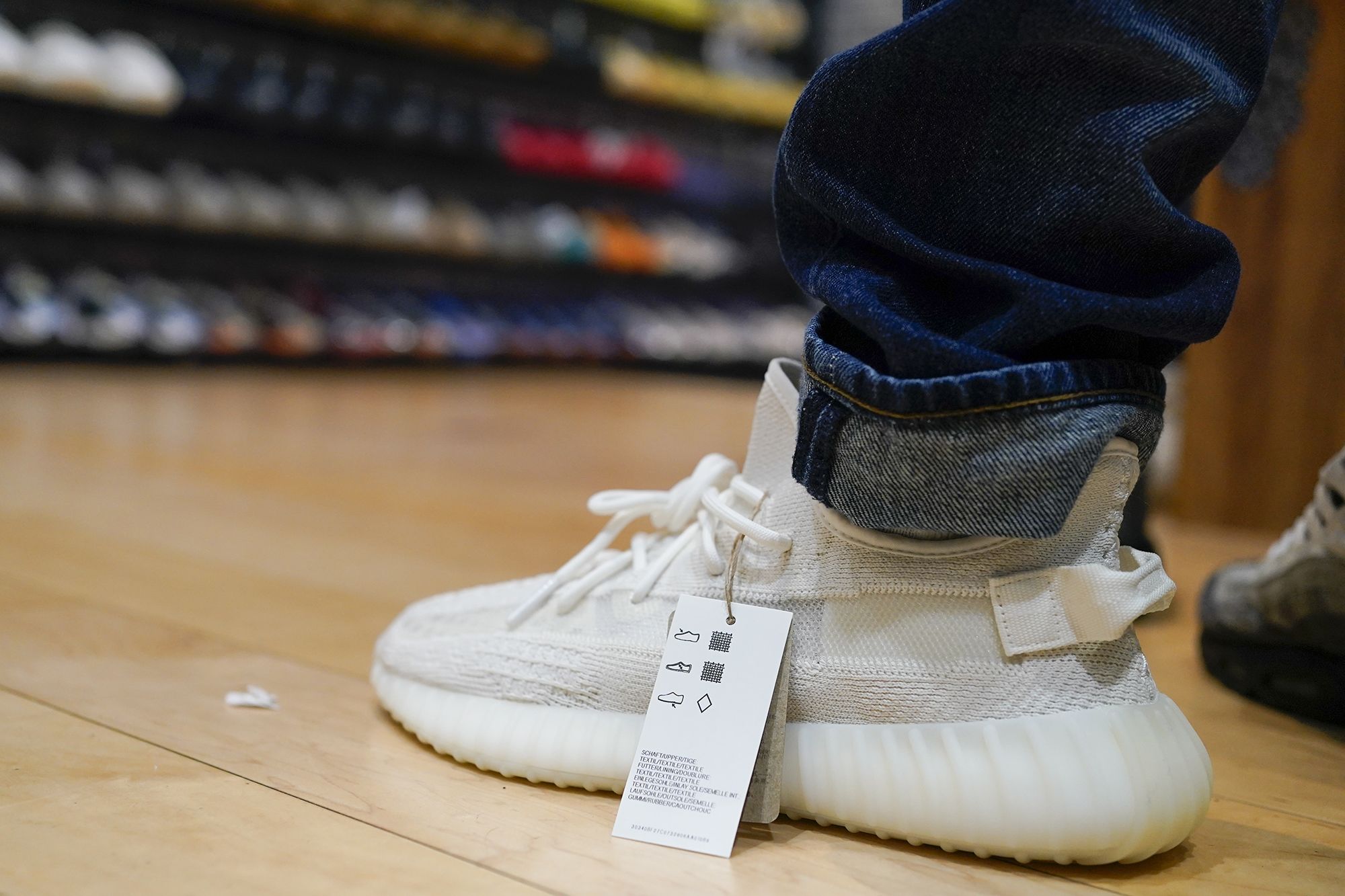Bitcoin was meant to revolutionize finance over a decade ago. However, such a revolution is still far off. Scandals, mistakes, and dramatic price swings have plagued cryptocurrency’s first decade. BTC fell 75% to $17,200 by November 2022 after reaching a record high of approximately $69,000 in November 2021.
However, investors and cryptocurrency aficionados are more optimistic about its future. The next decade could be crucial for Bitcoin and other cryptocurrencies.
Compromised Vision
Satoshi Nakamoto’s foundational paper on Oct. 31, 2008, envisioned Bitcoin as a borderless, decentralized alternative to government- and central-bank-controlled fiat currencies. Bitcoin network consensus does not require external parties. Instead, blockchain—a peer-to-peer network of electronic ledgers—verifies and authenticates transactions.
“The cost of mediation increases transaction costs, limiting the minimum practical transaction size and cutting off the possibility for small and casual transactions,” Nakamoto wrote to argue for a peer-to-peer network instead of mediation.
The original vision looks weakened 14 years later. Centralization has replaced decentralization. Bitcoin whales, investors with large holdings, control its price on the market. Massive mining farms have prioritized efficiency over democratizing mining money printing. Bitcoin’s scalability issues have led to many forks and altcoins.
A thriving crypto ecosystem offsets those drawbacks. The cryptocurrency market, which did not exist a decade ago, is valued at $853 billion in December 2022.
There are around 22,000 cryptocurrencies on exchanges since Bitcoin’s launch.
Blockchain has grown popular as a solution to complicated challenges. Institutional investors are also investing in crypto-assets after initial reluctance.
Bitcoin became legal in El Salvador on June 9, 2021. The first country to do so. Businesses can take cryptocurrencies for any transaction. US dollars are El Salvador’s main currency.
5. Assessing the Next Decade
Bitcoin’s evolution may depend on the next decade. Bitcoin investors should focus on two areas notwithstanding financial ecosystem revolutions.
Cryptocurrency is between a store of value and a daily transaction medium. Even though governments like Japan have legalized it as a payment method, institutional investors want to profit from its price volatility.
However, scale and security issues prohibited both. “[A]rguably the biggest failings for Bitcoin and other cryptocurrencies over the previous years lie with security,” said Rambus CTO Chakib Bouda. Bouda is referring to hackers stealing billions of dollars in Bitcoin and other cryptocurrencies from exchanges. He believes a secure Bitcoin ecosystem will spur adoption.
“We expect Bitcoin to become mainstream and have a very different reputation in 10 years,” he said.
Without ecosystem technology advancements, Bitcoin will not be mainstream as a payment mechanism or as an asset class. Bitcoin’s blockchain must process millions of transactions quickly to be a viable investment or payment method. Lightning Network and other technologies promise scale during operations. After the hard forks of the Bitcoin blockchain, Bitcoin Cash and Bitcoin Gold strive to modify the ecosystem to handle more transactions faster.
Ripple CTO David Schwartz compared Bitcoin to Ford’s Model T in 2018 along with blockchain advances. The automobile maker announced a transportation revolution, and highways and gas stations grew to serve it.
Due to media interest, an ecosystem has begun to grow in recent years.
As regulation keeps up, the environment may grow. Schwartz expects “an explosion of low-cost, high-speed payments that will transform value exchange the way the Internet transformed information exchange” in the coming decade.
Bitcoin almost reached $70,000 in 2021 before plunging to $40,000, then in 2022, it fell to $15,599.
After Goldman Sachs reopened its crypto trading desk and BNY Mellon opened bitcoin custody services, prominent banks are still paying attention to cryptocurrencies.
Citi predicted Bitcoin may dominate international trade. In early 2021, PayPal (PYPL) and Tesla (TSLA) invested in cryptocurrencies. PayPal bid for Curv and Tesla bought $1.5 billion in Bitcoin.
Citi said Bitcoin’s future is uncertain but on the verge of general acceptance. Citi observed that institutional investor interest in cryptocurrencies is fuelling wide interest, although custody, security, and capital efficiency challenges remain hurdles.
Trade Anywhere, Anytime
One of the major crypto-asset exchanges awaits. Trade safely with competitive costs and competent assistance. Binance features make it easier than ever to monitor your transaction history, control auto-investments, view price charts, and perform fee-free conversions. Join millions of crypto traders and investors by creating a free account.





